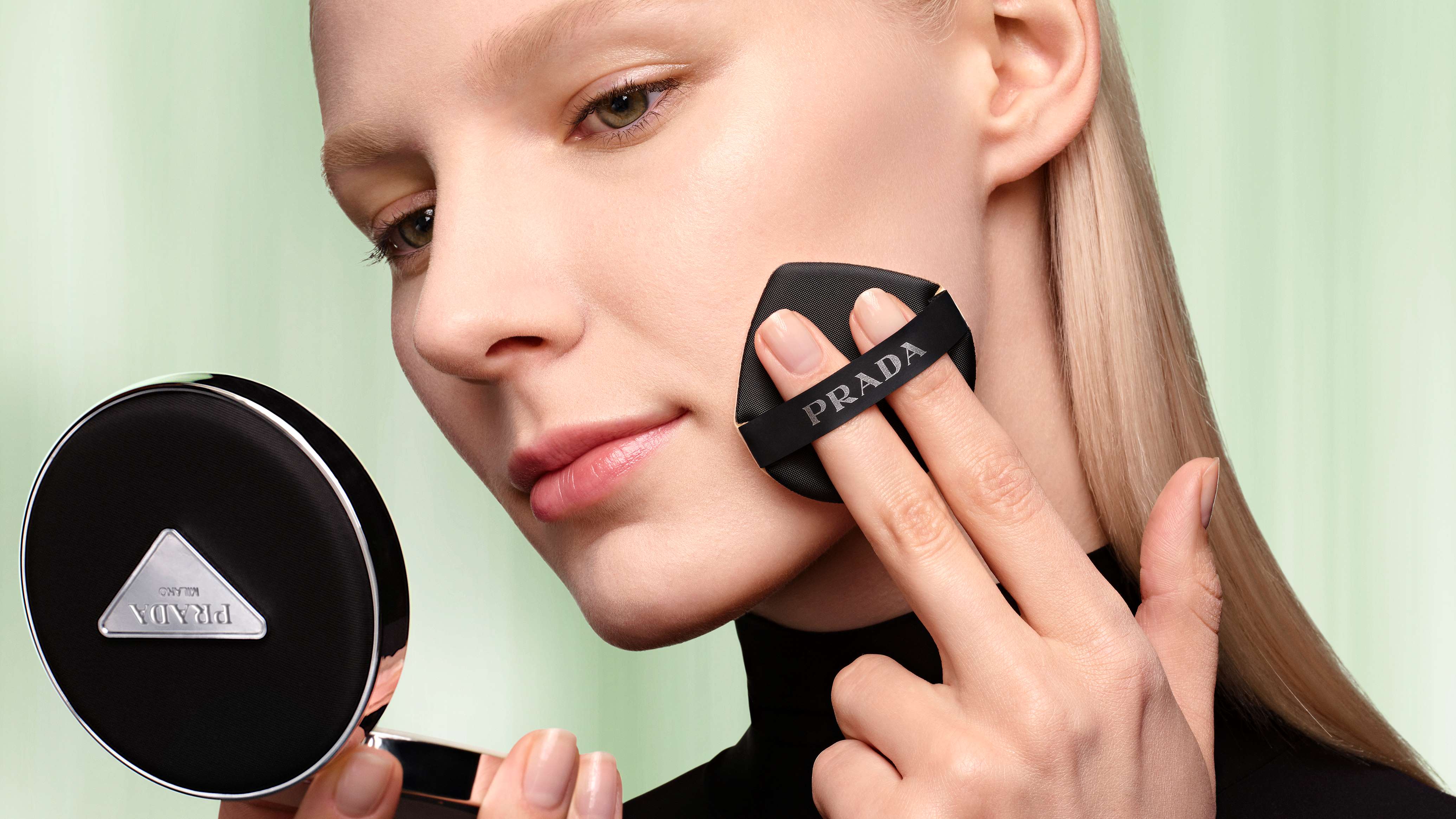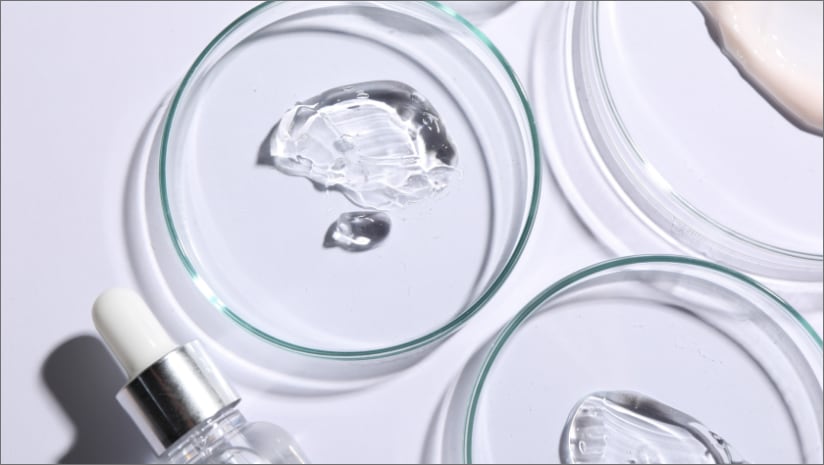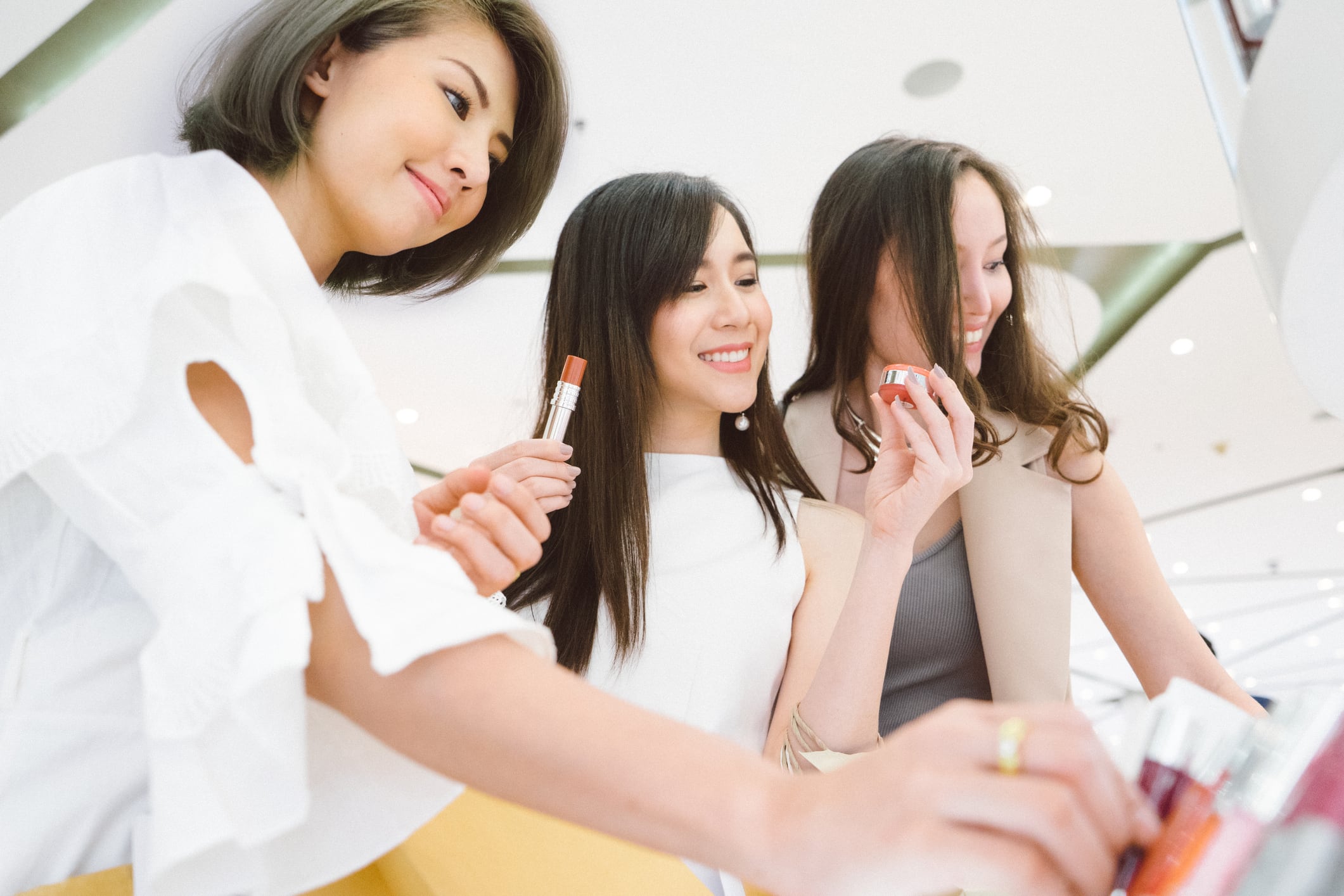According to market research firm Mintel, only 35% of global consumer product launches across various sectors were classified as “genuinely new products” in the first 5 months of 2024.
This marks the lowest level of innovation recorded by Mintel’s Global New Product Database since 1996.
Speaking to the Beauty Broadcast, Mintel’s Sharon Kwek noted that the beauty and personal care industry was also experiencing a decline in innovation.
“We’ve seen the decline in innovation from last year. If we look at indie brands, there was a period of time when we saw a lot of brands popping up. Now the pace of innovation has significantly slowed down,” said the Director of Consulting, South APAC, Beauty & Personal Care.
“It’s not necessarily really low, but we do recognise the decline. We’ve seen several sectors cutting back and re-evaluating their businesses and what they should really be working on.”
Not all bad?
Kwek believes this may not necessarily be a bad thing.
In recent years, consumers have been conditioned by the “fast fashion model” to expect a constant slew of new launches, she said.
“They’ve been very attracted to novelty but now when you look from a fashion perspective, consumers are paying attention to the details like the quality of the fabric. The same is also true with beauty. Consumers are scrutinising ingredients. There’s a focus on things like packaging, and how brands are communicating and positioning their products.
“I think it’s a positive sign. I don’t necessarily think this decline is a bad thing. Consumers are pacing themselves, cutting back and revaluating what’s best for their skin. Ironically, I think this has added to the decline in innovation.”
At the same time, only 65% of launches were categorised as “renovations,” such as line extensions, reformulations, new packaging, or relaunches.
This suggested that companies were leaning towards. incremental improvements rather than bold, groundbreaking innovations.
“At the end of the day, quality today is no longer about price tag. It’s really about the heart and soul that’s put into all this innovation,” said Kwek.
AI to the rescue?
On the flip side, Kwek acknowledged that this consumer shift will continue to challenge brands to innovate.
“It’s not the easiest time for us in the industry. We want to take it slow, but we also want to take it well, whether that’s innovating or to renovate an existing line of products.”
With landscape ahead set to be fraught with obstacles to innovation, Mintel believes more beauty companies will turn towards artificial intelligence (AI) to accelerate the product innovation process.
“For starters, we have to recognise that [AI] can expedite a lot of processes.”
Beyond that, Kwek underscored how AI can enable hyper-personalisation, diagnostics, and more precise skin care solutions.
She believes we can glimpse the future of AI in beauty by looking to the healthcare industry.
“It’s a cycle. Healthcare advancement will influence what we consume – food, drink or beauty. There’s a lot more attention today on understanding the connection between the inside and the outside.
“Our bodies tell us so much about what we actually need, from our skin to our hair and more. Technologies that can offer detailed diagnosis, analysis, and real-time suggestions are changing the game. This level of efficiency will have a big impact on the beauty industry and how it continues to advance.”




